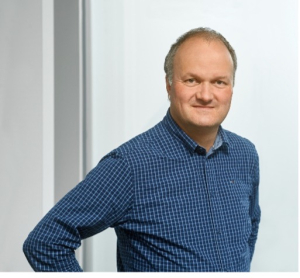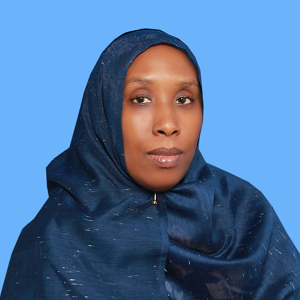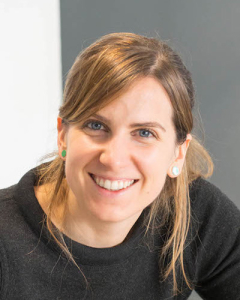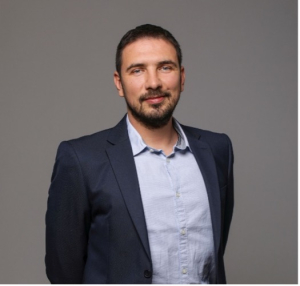Wednesday, June 19, 11:00 – 12:20
The advent of other conferences with scope overlapping with QoMEX while also targeting newer topic areas will impose challenges in attracting submissions to future editions of QoMEX. In this panel, we will discuss how the QoMEX community can address this to maintain and possibly expand the relevance of QoMEX in the future. The panel will focus mainly on “topic diversity” and “reachability” as discussion topics. In this regard, the panel will focus on the following key aspects:
- To what extent is QoMEX a preferred conference among researchers for new topic areas such as XR-based communication, quality assessment of AI-generated content (audio, image, video), etc.?
- Ways to encourage submissions that go beyond the “traditional” QoMEX topics and approaches.
- How to expand the reach of QoMEX by motivating researchers/research groups new (geographically, culturally, topically) to the conference to submit papers?
- Organization of QoMEX: Can organizing it as a hybrid conference lead to an increase in the reachability of the conference?
Sara Vahovic
University of Zagreb, Croatia
Ramachandra Rao Rakesh Rao
Sebastian Möller studied electrical engineering at the universities of Bochum, Orléans (France), and Bologna (Italy). From 1994 to 2005, he was a research associate and later a university lecturer at the Institute for Communication Acoustics (IKA) at Ruhr University Bochum, where he worked on speech signal transmission, speech technology, and communication acoustics, as well as on aspects of the quality of speech-based systems. He received his PhD from Ruhr-Universität Bochum in 1999 with a thesis on the assessment and prediction of speech quality in telecommunications, and his habilitation in 2004 with a book on the quality of telephone-based spoken dialog systems. From 2005 to 2015, he worked at Telekom Innovation Laboratories, an affiliated institute of Technische Universität Berlin. In April 2007, he was appointed university professor in the field of “Quality and Usability” at TU Berlin, working on the quality and user experience of speech-based and multimodal systems. He has contributed largely to the scientific basis of Quality of Experience (QoE) and had a practical impact by shaping recommendations of the International Telecommunication Union, ITU, on evaluation methods for different types of services. Since 2017, he has headed the research area “Speech and Language Technology” at the German Research Center for Artificial Intelligence, DFKI, as Scientific Director. He is further Adjunct professor at the University of Technology in Sydney, and was a member of the board of the International Speech Communication Association, ISCA, from 2016 to 2023. Between 2021 and 2023, he served as a president to ISCA.
Dr. Fatuma Simba is a senior lecturer at the Department of Computer Science and Engineering, College of Information and Communication Technologies (CoICT), University of Dar es Salaam (UDSM), Tanzania. She received her PhD degree in 2012 for the research titled “Determination of Viable Connectivity Technology for e-Learning in Tanzania: Case Study of Rural Secondary Schools” awarded by the University of Dar es Salaam (UDSM), Tanzania. The viability aspects were on Quality of Service (QoS), coverage, and cost/affordability. Her research areas of interest, in which she publishes and offers consultancy services, focus on broadband communication networks in the African context, especially access networks for rural areas, e-learning, cybersecurity, and software engineering. She is a member of the IEEE Communication Society. In 2023, she contributed to a Dagstuhl seminar of Quality of Sustainable Experience (QoSE).
Katrien De Moor is an associate professor in the Department of Information Security and Communication Technology at NTNU, focusing her research on socio-technical approaches within the field of ICT and digital technology. She earned her PhD in Social Sciences from Ghent University in 2012. Her primary interests lie in human-technology experiences and behavior, addressing methodological challenges (such as ecological validity and user diversity), and exploring ethical implications (including meaningful human agency, power dynamics in design processes, and the ecological footprint of ICT). Additionally, she serves as the co-Editor-in-Chief of the multidisciplinary journal “Quality and User Experience”, is an associate editor for ACM Transactions on Multimedia Computing, Communications, and Applications, and leads the study program for the 5-year integrated master’s program in Cybersecurity and Data Communication at NTNU, Norway. Throughout her various roles and her own research, she is an advocate for diversity, equity, and inclusion.







